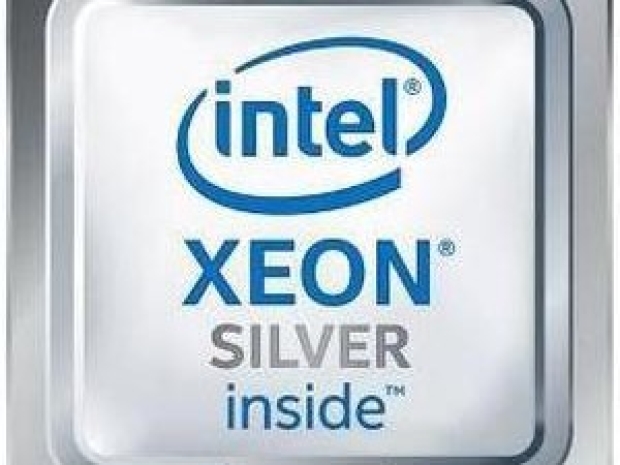While Intel's Xeon CPUs still power the majority of servers, the most expensive machines now use AMD's EPYC processors. This is why AMD's data centre business unit now outsells Intel's data centre and AI business group.
AMD's data centre segment revenue reached $3.549 billion in the third quarter, whereas Intel's data centre and AI group's earnings were $3.3 billion in Q3 2024. Just two years ago, Intel's DCAI group earned $5 billion—$6 billion per quarter.
As AMD's EPYC processors have gained competitive advantages over Intel's Xeon CPUs, Intel has had to discount its server chips, which has reduced the company's revenue and profit margins.
Intel's flagship 128-core Xeon 6980P 'Granite Rapids' processor costs $17,800, making it the company's most expensive standard CPU ever. By contrast, AMD's most costly 96-core EPYC 6979P processor costs $11,805.
If demand for Intel's Xeon 6900-series processors remains high and the company can supply these CPUs in volume, then Intel's data centre revenue will likely get back on track and surpass AMD's data centre sales. However, Intel still must ramp up production of its Granite Rapids products.
While both Intel and AMD now earn around $3-3.5 billion per quarter selling data centre CPUs, Nvidia earns much more from its data centre GPUs and networking chips, which are required to make AI processors work in concert in data centres.
Sales of Nvidia's networking products totalled $3.668 billion in the company's second quarter of fiscal 2025. Meanwhile, compute GPU sales reached $22.604 billion in Q2 FY2025, surpassing the combined sales of Intel and AMD data centre hardware. Altogether, Nvidia sold nearly $42 billion worth of AI and HPC GPUs in the first half of this year, and the company will likely sell even more data centre processors in the second half.




